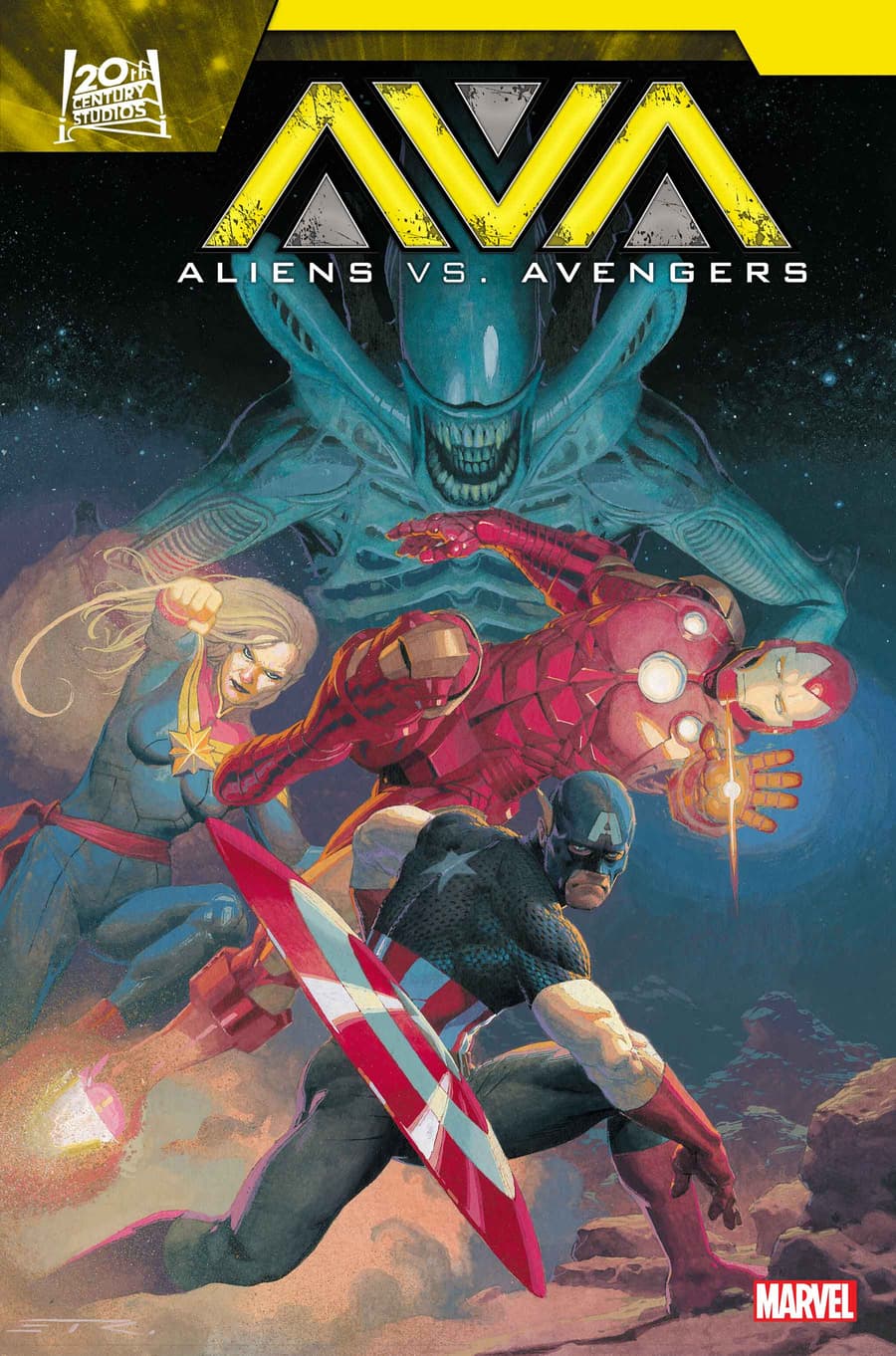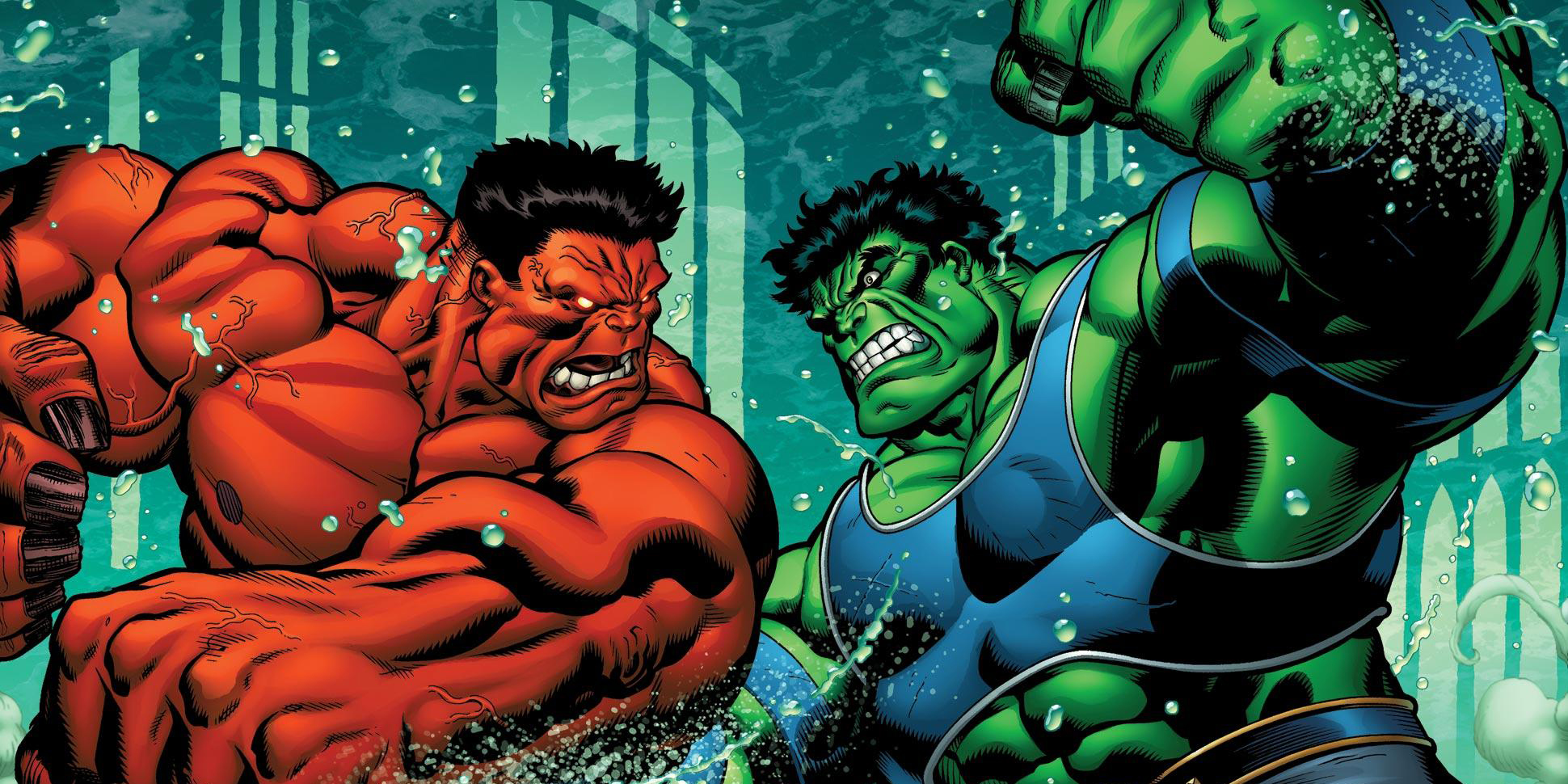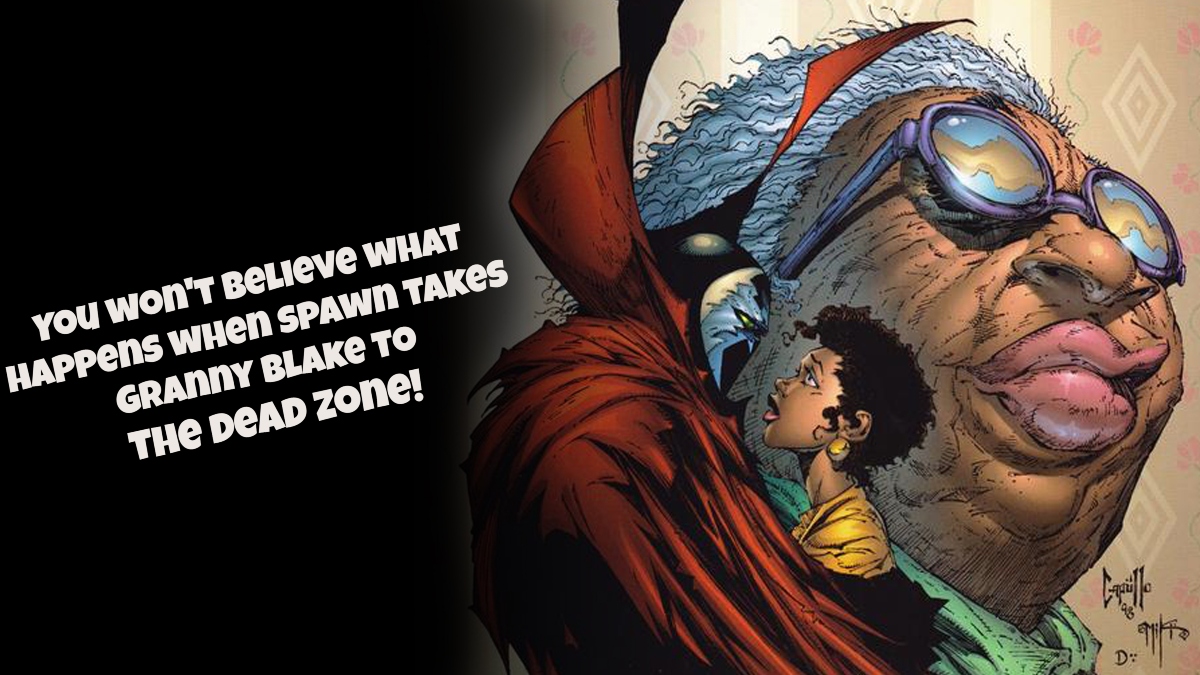
I’ve always been a sucker for a great love story, the kind that survives and thrives against all odds. That’s exactly the kind of unusual love story that director Henrika Krull has conceived and created with her first full-length German feature film, Jibril.
The film is about Maryam, a divorced mother of 3 portrayed by Susana Abdulmajid, who falls in love with an inmate named Jibril, following a chance encounter. They embark on a passionate yet challenging journey in overcoming ideals and projections of themselves, to fill an inner void with one another. The lead actors displayed an impressively honest and magnetic on-screen affection for one another, in spite of meeting on set for the first time.
LRM recently had the privilege to meet both Krull and lead actress, Susana Abdulmajid in Berlin, to talk about making their first feature together, their take on love, completing the film just in time for Berlinale and what’s next. See what they had to say in our interview below.
LRM: How has your experience at the Berlinale been so far with the release of you first feature film?
Henrika Kull: Yeah. It’s my first movie and my first time at Berlinale. Tonight is the premiere so that’s the most exciting thing about all this. So I’m super excited and I hope people like the film tonight.
LRM: Tell me how you and Susana came together to make this film and what inspired the script?
HK: I was shooting a documentary about a woman who has a partner who’s in jail. I shot the documentary and that’s why I wanted to do this film because for me, it seems super interesting how they project on each other. Also, they never see each other or, at least, really not often. How important the relationship was for them. And so,that’s why I wanted to do a feature film about it.
LRM: So the film is based on a true story?
HK: There’s many people having relationships, and I’m a sociologist so I was really often in prison and met a lot of people who have relationships with people who are in prison and yeah, of course, it’s based on many real stories.
LRM: Did you film it here in Berlin?
HK: Many scenes are in Berlin, they are set on Sonnenallee, which is a street in Neukölln, and some scenes in the prison in Hessen because I know the people there and for me it was possible to shoot there.
LRM: And based on your experience with the inmates, how do these relationships work out?
HK: I think it’s a good way for if you have a full life and, really, Miriam has three children and a job and everything and it’s a good way of still having something. When you don’t have to share everyday life, there is really a good possibility to still be in love all the time, be happy, have someone to miss and to love. You don’t have to be with them all the time.
LRM: How did you end up casting Susana? How did you two meet?
HK: We shot a short film together and from then, it was clear that we have to expand on that and do something longer.

LRM: Susana, what did you think of the role?
Susana Abdulmajid: I really, really like Miriam (my character). We first worked very intensely on the role and the character. Almost for a year we– Henrika did research with me and we met a lot of times and worked together on the character. So more and more I fell in love with the character. I like that she’s real somehow. It’s the opposite of what people see in telenovelas and daily soaps, for example. The picture of the woman, she’s pretty authentic. She’s real. She’s not perfect. She’s not an altruist and she’s looking for something. She has this deep yearning for love, for life and this is what I liked about her.
LRM: There is a scene with your mother in the film where you’re talking about her old-fashioned mentality and finding someone with whom the love will grow for in time. Many of us are looking to fall head over heels in love. What is your take on that?
SA: Yeah. I think that’s what interested me, that she can be head over heels all the time because they don’t do the step to have a real relationship. So what we both have is forever; they can be in love and freshly in love. And that’s super interesting because at the beginning of a relationship, you project so much on the other. And you see him with the glasses of love…
LRM: Yes, rose-tinted glasses.
SA: — rose-tinted glasses. And that’s because you don’t know him, and you’re just interested in how he sees you and how he likes you. And it’s always like you like to see yourself reflected in the eyes of the other person. And that’s what they can do somehow, without really getting to know each other. And yeah, that was what interested me, and the prison part– I could intense this idea of not knowing each but still being so interested in one another.
LRM: There is a sense of mystery, which is also nice. Was it intentional not to reveal why Jibril is in prison?
HK: I was not interested in that because when I researched in prison, I met so many men and I talked to them about so many things, and I realized I was never interested in what they did. I was more interested in how they reflect on their lives and on their being, but I was not interested in what Gabriel did, or Jibril, as Miryam calls him. But I think there are some small hints and they can have an idea that he’s not really a bad boy, but he did something like breaking in somewhere or so. And that’s maybe because he had this childhood where he had to be the cool, a tough gangsta boy, and maybe that’s why he’s in prison, but not because he is really a bad person.
LRM: Did you and him spend some time getting to know one another beforehand to get comfortable with the intimate scenes?
SA: So, first Henrika had the idea that we both not meet because the intensity would be higher because they both, Maryam and Jibril, are living in a kind of a vacuum from me. So she said, “Maybe it’s better to be to make the first meeting between those two really their first meeting.”
LRM: And was that comfortable for you two?
SA: I mean, before we got intimate, as well as Maryam and Jibril, we saw each other a few times, in the prison or on the set, but in the prison– in the room where they would both meet and talk which is on the movie. So of course, this is a very exciting situation in general. Just imagine you have this idea of something or the idea of someone, and you meet him for the first time, but not in a natural way. So you’re observed and it was the same kind of level of excitement when we shot the movie.
LRM: I really like the way you shot the film, Henrika and followed each of the characters around, with tight, intimate shots. Were you inspired by any other filmmakers to shoot the characters up close?
HK: No. I think it was really that I like to work this way, which was as well as for the actors and for me, really a dream because we were so free in what we could do and it was really the most natural way of shooting. And this is what I wanted always to realize because we didn’t have a shot list or anything. So we were really so much focused in what we wanted to tell, and the characters knew what to do. And the camera was really flexible, and that was our big thing.

LRM: Did you improvise a lot throughout the film?
HK: We had to plan what we wanted to tell, and that was really key. And then I have the most amazing DOP, and she always knew what we wanted to tell because we talked a lot about that, but within the situations, she was really free, yeah.
LRM: What the greatest challenge for you in making you first feature?
HK: Yeah, we had no money at all, so we all worked for free, and that was really hard.
LRM: How long did it take for you to shoot this film?
HK: The shooting was about 35 days, 33, but with a really small team. We had always day-per-day changing camera assistants because we couldn’t pay anyone, so we had to improvise with vendors. So we were a really small team. But it was 35 days. And then I edited it myself, so that took me another three or four months. So we shot last summer. So seven months ago, we started to shooting.
LRM: What do you want people to take away from this film?
HK: Oh, that’s an amazing question. Yeah, for me, it’s the big question. What do you want? Do you want a proper working relationship where you are really partners that share everything, or do you want a head-over-heels love story? And for me, this is always the question. And Miriam decides that for that time in her life, she wants the exciting thing because her life is full and she knows who she is and everything. But she has this small inner void, and she has to fill it with something. And that’s what she finds and what gives her energy and makes her life full. And I think there might be another phase in her life where that changes, but for then, it’s what she wants. And that’s what interests me because that’s the question I am always asking myself. What do I want? Do I want this boring working relationship or this big love thing?
LRM: And what about you, Susanna?
SA: I mean, to be honest, when I take a look at my friends, or my sisters, or whoever, they all had this big, head over heels relationship where they fall in love very deeply and have this kind of adventure, and most of them ended up marrying a boring guy. So I’m not married yet, but I don’t think I want to marry a boring guy.
This is something that actually really annoys me. I see this kind of thing in myself sometimes, and I say, “No, you’re not like that. You don’t want to be like that.” But we talk about emancipation and everything, but in the end, we decide to take the stable situation.
LRM: That happens often. As the lead actress in this film, what do you think was the most exciting and most challenging scene for you to film?
SA: I mean, in general, it was very exciting and tough at the same time to be that close to the camera, to Henrika. The working process was very close, but at the same time, this was the only chance for me to survive and to shine in this movie because I had no acting experience in front of the camera before. So this kind of situation let me really shine. And I know I am 100% sure that if this would be not given this kind of situation from their side, I could not survive. Because it was really about acting. It was really about intense acting, working intensely on characters and this is what I really, really loved.
LRM: Did that add more pressure to your performance?
HK: On the result. She’s really interested in the process and that was what I think– I think there was pressure but it was not about wanting to have the perfect thing coming out. She wanted to be perfect in the moment. And that she can in opening up and really be herself.
SA: And what gives me really security was to know that Henrika– this is what I 100% knew from the beginning, she is interested in the character. She’s really interested in the characters. She wants this real kind of essence and it’s not about the result in the end when we shot. It was always like this has to be on point. And so I knew it’s going to be good. I knew. You know what I mean?
LRM: Yes, absolutely. I couldn’t tell that you had absolutely no previous training in acting.
SA: Maybe that’s a positive thing. Maybe if someone is already more experienced, they wouldn’t open up like that. We didn’t use words like action and cut. They were non-existing at the set, which was for me releasing. I think the pressure would be higher for me if someone said, “Okay, this is exactly now and now cut and now action.”
HK: They didn’t even work with the script. We had the script, I knew what I wanted from the script, but the actors didn’t work at all with the script.
I had a script and knew every word I needed and they read the script before. But on the set, we had no script at all. So it was really like I told them what we do this moment, what they feel this moment and we had not this technical stuff, like, “We’re shooting now from this side. And you have to always repeat this sentence.” We had the most natural process possible.
LRM: Did that put them more at ease during filming?
HK: Yeah. I just didn’t want the actors to have the script and to learn their sentences or their lines. That’s really what I didn’t want. So I said, “You are not interested in the script anymore. Just trust me and I will tell you what the characters are feeling and how they act in that moment.” And they knew it themselves because they knew their characters very well.
LRM: Now that you know this process works really well, do you foresee making your next film this way?
HK: Yeah. So I would like to not to work with actors or at least not with experienced actors because I really like this way of working.
LRM: What kind of a film would you like to make next?
HK: It’s also a love story. And it’s much about power and it’s between two women.
LRM: Who are some of your inspirations or perhaps a female director you admire?
HK: So from the closer ones, it’s for sure it’s Valeska Grisebach. She’s a German director and I really appreciate her work. Her last film was Western. It was shown in Cannes, and so the one she did before was called Sehnsucht [Longing]. It was shown also in Berlinale in competition 2006. And I really I like her way of working with the actors and the characters. She also works with non-professional actors. And yeah, of course, still I love Lars von Trier because Breaking the Waves was for me the most inspiring film that I could imagine.
LRM: Do you guys plan on working together again?
HK: Maybe one day. But not for the next project.
LRM: What’s next after Berlinale? Are you guys taking the film anywhere else?
HK: Yeah. We have already some offers, but we finished the film one week ago, so it was really like we shot it in September, I edited, we did the song mixing in January, so everything is moving really fast, but I think there are some other festivals that we will show it.
LRM: A week ago? Wow. That’s really fresh. Well, you guys did a great job. I’m happy that you made it in time and I hope that tonight is a really big success for you all at the premiere.
HK: Thank you.

 FOR FANBOYS, BY FANBOYS
Have you checked out LRM Online’s official podcasts and videos on The Genreverse Podcast Network? Available on YouTube and all your favorite podcast apps, This multimedia empire includes The Daily CoG, Breaking Geek Radio: The Podcast, GeekScholars Movie News, Anime-Versal Review Podcast, and our Star Wars dedicated podcast The Cantina. Check it out by listening on all your favorite podcast apps, or watching on YouTube!
Subscribe on: Apple Podcasts | Spotify | SoundCloud | Stitcher | Google Play
FOR FANBOYS, BY FANBOYS
Have you checked out LRM Online’s official podcasts and videos on The Genreverse Podcast Network? Available on YouTube and all your favorite podcast apps, This multimedia empire includes The Daily CoG, Breaking Geek Radio: The Podcast, GeekScholars Movie News, Anime-Versal Review Podcast, and our Star Wars dedicated podcast The Cantina. Check it out by listening on all your favorite podcast apps, or watching on YouTube!
Subscribe on: Apple Podcasts | Spotify | SoundCloud | Stitcher | Google Play



